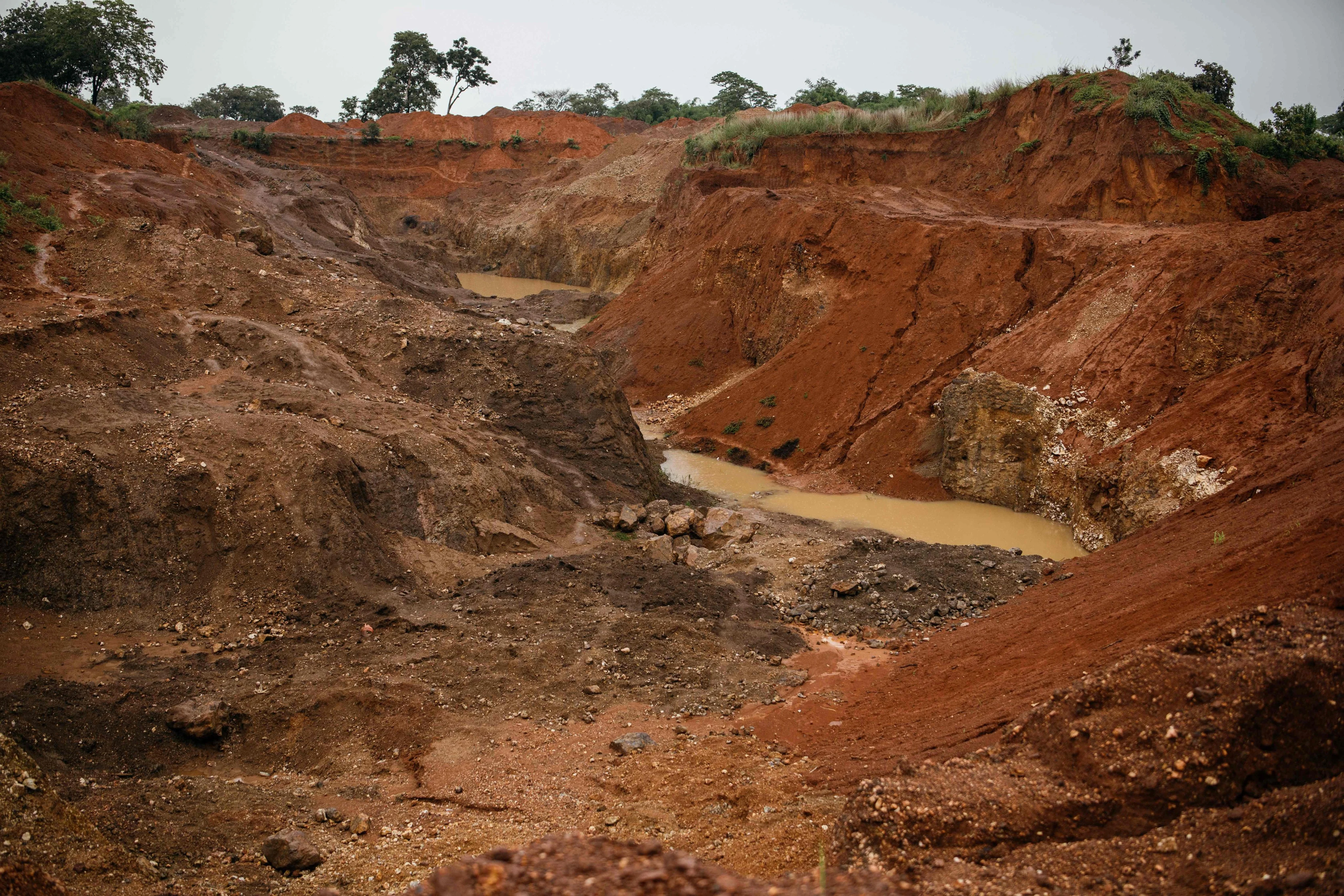By Jevans Nyabiage
Copyright scmp

The United States is stepping up efforts to loosen China’s grip on critical mineral supply chains by investing in a new copper and cobalt project in Zambia.
The US Trade and Development Agency (USTDA) will provide a US$1.4 million grant to Metalex Africa, a subsidiary of US-based Metalex Commodities, to fund a feasibility study, in a deal signed on Thursday.
The study aims to expand a Zambian copper and cobalt facility, securing a direct source of the metals for American industries. Chinese companies currently hold a near-monopoly on the production and processing of cobalt used in electric vehicle batteries, military equipment and electronics.
The grant will support Metalex’s plan to expand its extraction and refining operations at the Kazozu mine in Zambia’s North-Western province. This includes a study to evaluate the potential for producing up to 25,000 additional metric tonnes of copper and cobalt concentrates annually, which would be shipped to the US and its allies.
A USTDA spokesperson said its assistance was designed to prepare projects to unlock financing from other institutions, including the private sector, and it would not fund extraction and processing at the mine.
“We intend to direct critical minerals to the United States by facilitating increased output and connecting competitive US offtakers [buyers] to the processing facility’s operators,” the spokesperson said, adding that it was anticipated the mine could start producing materials to ship to the US in 2028-29.
In a statement on Thursday, the USTDA said the project would help diversify American access to critical minerals.
Thomas R. Hardy, acting director of the USTDA, said that by leveraging US technology and expertise, the deal with Metalex “will help ensure that US industries can reliably access the inputs they need to remain secure, competitive, and prepared to meet the challenges of the future”.
“This project will help expand Zambia’s mining sector, advancing responsible resource development to benefit both our nations,” Hardy said.
Metalex Commodities chief executive Ayo Sopitan said the USTDA grant was a major milestone for the Kazozu mine project, a partnership with Zambian company Terra Metals. “The grant will help us expand our current resource, define project phases as well as establish the feasibility of project expansion,” Sopitan said.
The US is supporting American companies to ramp up production for the Lobito Corridor, a strategic alternative to Chinese-backed infrastructure in Africa. The US is particularly interested in critical minerals from the Democratic Republic of Congo (DR Congo) and Zambia, both key producers of copper and cobalt. But China still controls a key portion of the mining sector in these countries, including a near-monopoly on processing and refining. China continues to increase its investments, such as JCHX’s recent acquisition of an 80 per cent stake in the Lubambe copper mine in Zambia.
Chris Berry, the head of US-based commodities advisory firm House Mountain Partners, said while the grant amount was not a large sum of money, “it’s a good sign that the US government is still looking to establish partnerships despite the rhetoric around reshoring”.
The Donald Trump administration has been promoting reshoring through policies like tariffs and executive orders to encourage companies to move manufacturing back to the US.
Berry said the latest grant continued the trend of the US government investing in critical materials through Title III of the Defence Production Act, which provides financial incentives such as loans and grants to private companies to expand domestic production of goods vital for national defence.
But he noted that China was so far ahead of the US in investing in Africa that “I’m not sure they’re terribly concerned – yet”. That made the USTDA funding an important signal, according to Berry. “It puts the US on the path to realistically competing [with China] on the continent,” he said.
Zambia is a key component of the US-backed Lobito Corridor, an initiative also involving the DR Congo and Angola that aims to diversify global supply chains for critical minerals. Its main feature is a 1,700km (1,050-mile) railway connecting the port of Lobito on Angola’s Atlantic coast to the DR Congo’s mining hub of Kolwezi, with a planned extension into Zambia’s Copperbelt province.
The USTDA has funded multiple projects to support the Lobito Corridor. The agency’s work has focused on developing the energy, digital and transport infrastructure necessary for complete mineral supply chains, and it continues to look for other opportunities in Africa.
The corridor is also supported by the US International Development Finance Corporation through a loan of about US$550 million to upgrade the railway and a mineral port, and the Millennium Challenge Corporation through a grant to Zambia for improvements to rural roads and agriculture.
In addition, US-based KoBold Metals, a firm backed by billionaires, holds the rights to Zambia’s Mingomba copper and cobalt project and has committed to making the mine an anchor for the Zambia-Lobito railway.



